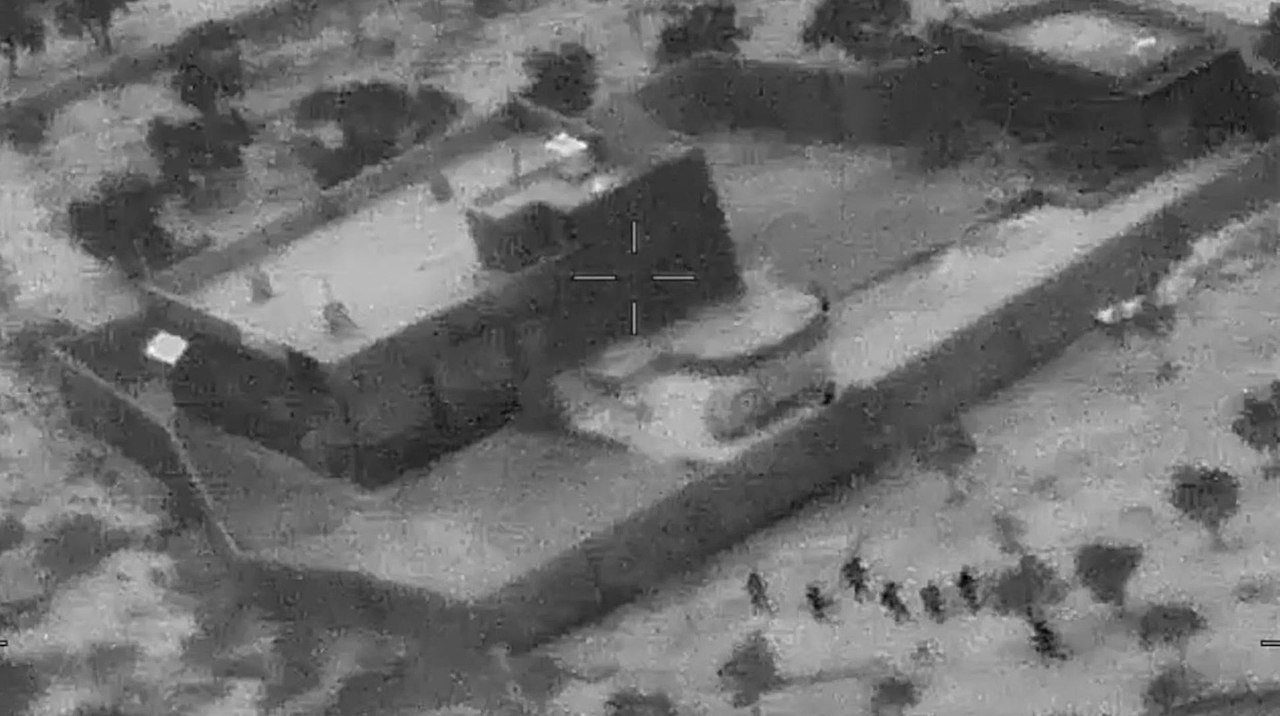BEIRUT (Transatlantic Today) – On Thursday, the Islamic State organization revealed for the 1st time that its leader, Abu Bakr al-Baghdadi, was killed in a US attack in northern Syria the previous month and appointed his successor.
It was the extremist group’s first formal statement on its commander, Abu Ibrahim al-Hashimi al-Qurayshi, since American authorities reported he blew himself up alongside his family members during a raid on his hideaway in the northern Syrian town of Atmeh, near the Turkish border, on February 3.
IS spokesperson Abu Omar al-Muhajer verified the commander’s death, and that of the group’s former spokesperson, Abu Hamza al-Qurayshi, in an audio recording broadcast Thursday.
IS has picked a successor to the previous leader, according to Al-Muhajer, who identified him as Abu al-Hassan al-Hashimi al-Qurayshi and stated the late IS head chose him to be the future caliph.
There were no initial details on the new commander, and it was unclear whether he, like his 2 predecessors, was an Iraqi. Both were murdered in rebel-held areas of Syria.
The US attack last month was the 2nd time in 3 years that the US has killed a prominent IS commander.
There is no evidence that any of the al-Qurayshis are related. Al-Qurayshi is also not their actual name, but it is derived from Quraish, the tribe of Islam’s Prophet Muhammad. IS claims to have commanders from this tribe, and “al-Qurayshi” is part of an IS commander’s surname.
Around 50 American special operations personnel arrived in helicopters and stormed a residence in a rebel-held section of Syria, fighting militants for two hours. Thirteen individuals were murdered in all, six of them were children and four of whom were women. According to ABC NEWS, residents recounted incessant explosions and gunfire that rattled Atmeh along the Turkish border, a region filled with shelters for internally displaced Syrians.
IS governed over 8 million individuals and occupied a third of Syria and Iraq at its peak, after establishing an Islamic empire in 2014.
The extremists have battled to stage a comeback after their defeat in 2019, committing deadly strikes in both Iraq and Syria. IS launched a complicated attack in January on a penitentiary in northeast Syria that held at least 3,000 IS captives, sparking a ten-day battle with US-backed Syrian Kurdish-led soldiers. More least 120 Syrian Kurdish soldiers and jail guards, as well as 374 terrorists, were killed in the confrontation.


























